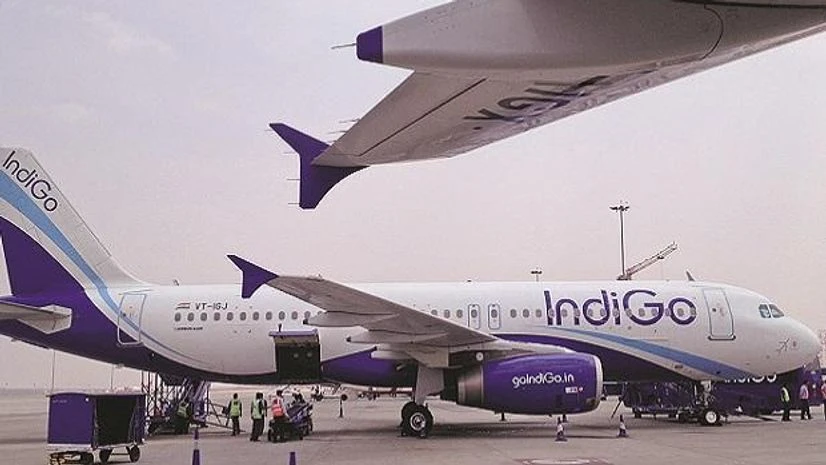The Delhi International Airport Ltd (DIAL), which operates the airport here, on Monday asked IndiGo Airlines not to "teach" it how to run it, as the Delhi High Court reserved its order on plea of the low cost carrier against shifting a part of its operations to a new terminal.
Justice A K Chawla, after hearing the arguments of IndiGo, DIAL and the Central government, reserved the order on IndiGo's pleas.
IndiGo, India's biggest airline by market share, had approached the court challenging DIAL's decision to partially shift its operations from Terminal 1 (T1) to newly opened Terminal 2 (T2) of the Indira Gandhi International Airport.
The DIAL had asked three airlines operating from T1 to shift one-third of their flights to T2 to enable it to expand the terminal to meet growing passenger numbers.
Defending its decision, DIAL said T1 has already exceeded its capacity and if airline operations are not shifted partially, it would lead to overcrowding of the airport.
"Don't teach me how to operate my airport," senior advocate Harish Salve, appearing for DIAL said while opposing IndiGo's plea.
More From This Section
He said safety and security of passenger was primary responsibility of DIAL and in case of a fire or a terror threat, an overcrowded airport would have serious consequences for which DIAL alone would be answerable, not the airlines.
IndiGo contended before the court that shifting partially from T1 to T2 would result in confusion and cause inconvenience to passengers. By this decision, IndiGo will be spread over three terminals as it operates international flights from Terminal 3.
Seeking quashing of DIAL's decision, senior advocate Mukul Rohatgi, appearing for IndiGo, said the decision would strain its operations and proposed alternative solution of giving the entire T1 exclusively to it, and shifting the other two carriers to another T2.
The DIAL had directed IndiGo, SpiceJet and GoAir to relocate their operations in "parts" and split their operations by shifting flights to and from some sectors, namely Mumbai, Kolkata and Bengaluru, to T2 with effect from January 4, 2018.
It had also said that the capacity of the three airlines' flights to and from the three sectors would amount to around eight million persons per annum and shifting those to T2 would considerably reduce the burden on T1.

)
